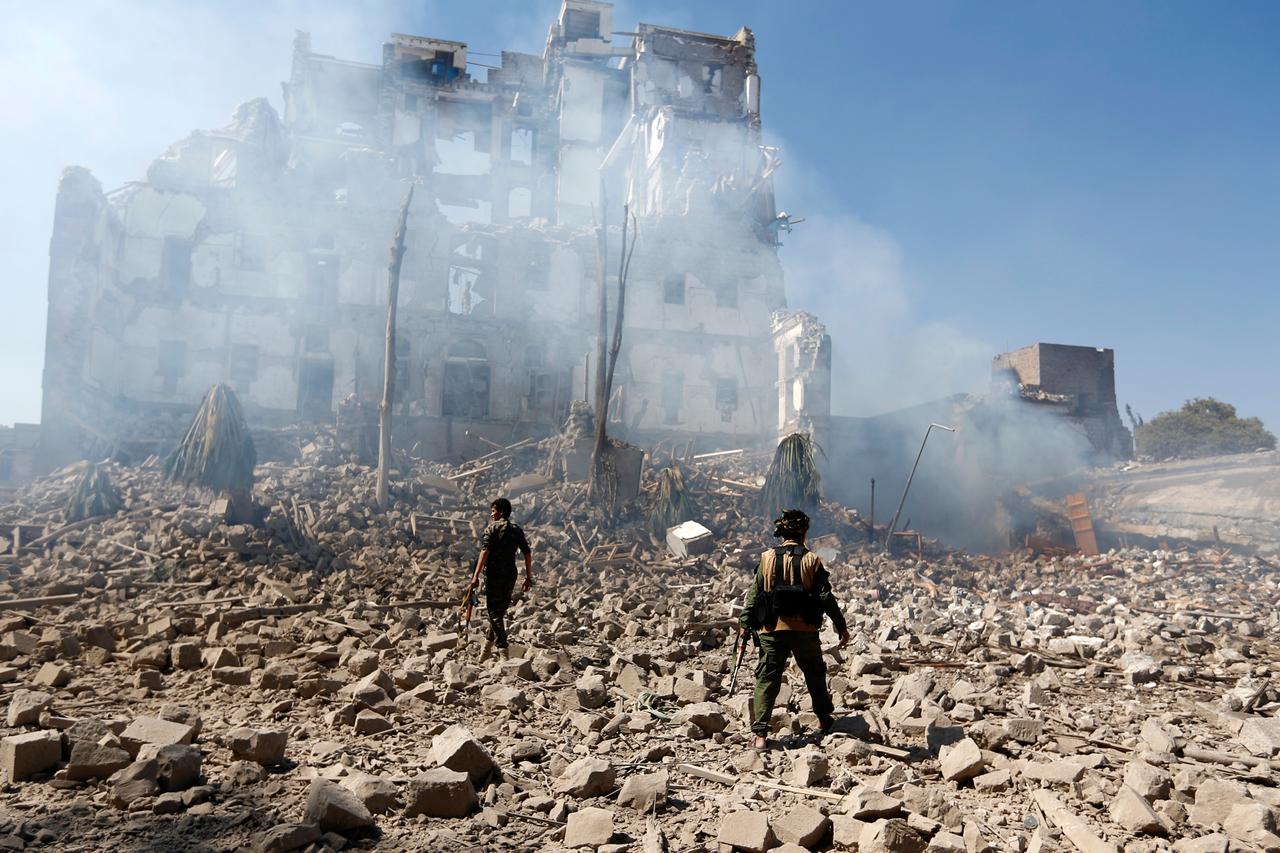The death toll from the ongoing war in Yemen will reach a staggering 233,000 if it continues until the end of 2019, a new report from the United Nations said.
According to the UN report, of the 233,000 estimated deaths in Yemen, 102,000 will be combat-related and the remaining 131,000 due to malnutrition, cholera, and other diseases.

In another shocking statistic, the U.N. report said that 140,000 children will have been killed since the start of the conflict in March of 2015 (due to direct and indirect war-related causes).
The report said that by the end of the year, one child will death will be reported every 11 minutes and 54 seconds.
Our new research sheds light onto the impact of conflict in Yemen.
The conflict has set back development in Yemen by 21 years.
One child dies because of the conflict every 12 minutes.
This thread introduces the report findings:
— Jonathan D. Moyer (@moyerjonathan) April 23, 2019
These totals are only expected to increase substantially in the next three years, as the U.N. estimates the death toll will reach nearly 500,000 by 2022.
One of the UN researchers, Jonathan D. Moyer, summarized the team’s methodology for calculating direct vs. indirect deaths related to the war:
We estimate that, between 2015 and the end of 2019, that 100,000 people will die directly (this is one of our model assumptions). But indirect deaths exceed direct, with 130,000 people dying due to lack of access to food and infrastructure. 60% of deaths are indirect.
And he continued, outlining the immense toll on Yemeni children, especially due to malnutrition and disease:
And the majority of these deaths are children. Since 2015, the conflict has killed 140,000 children from violence, malnutrition, disease, and reduced family income. In 2019, a child dies every 12 minutes from conflict (both direct and indirect).
Unlike the war in Syria, the conflict in Yemen is rarely discussed in the international media.
Despite the fact that the Yemeni War is now the most violent conflict in the Middle East region, it still receives less coverage than other conflicts.
via ZeroHedge News http://bit.ly/2GYJZHy Tyler Durden